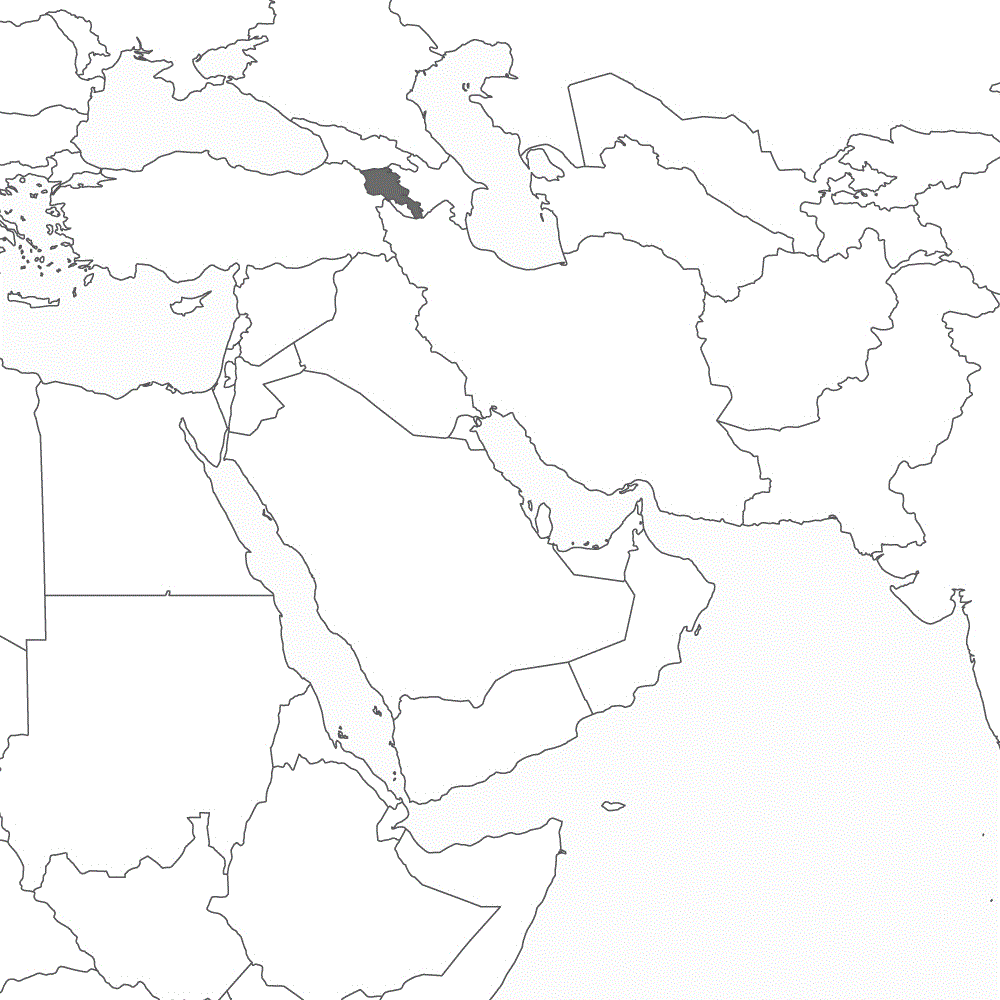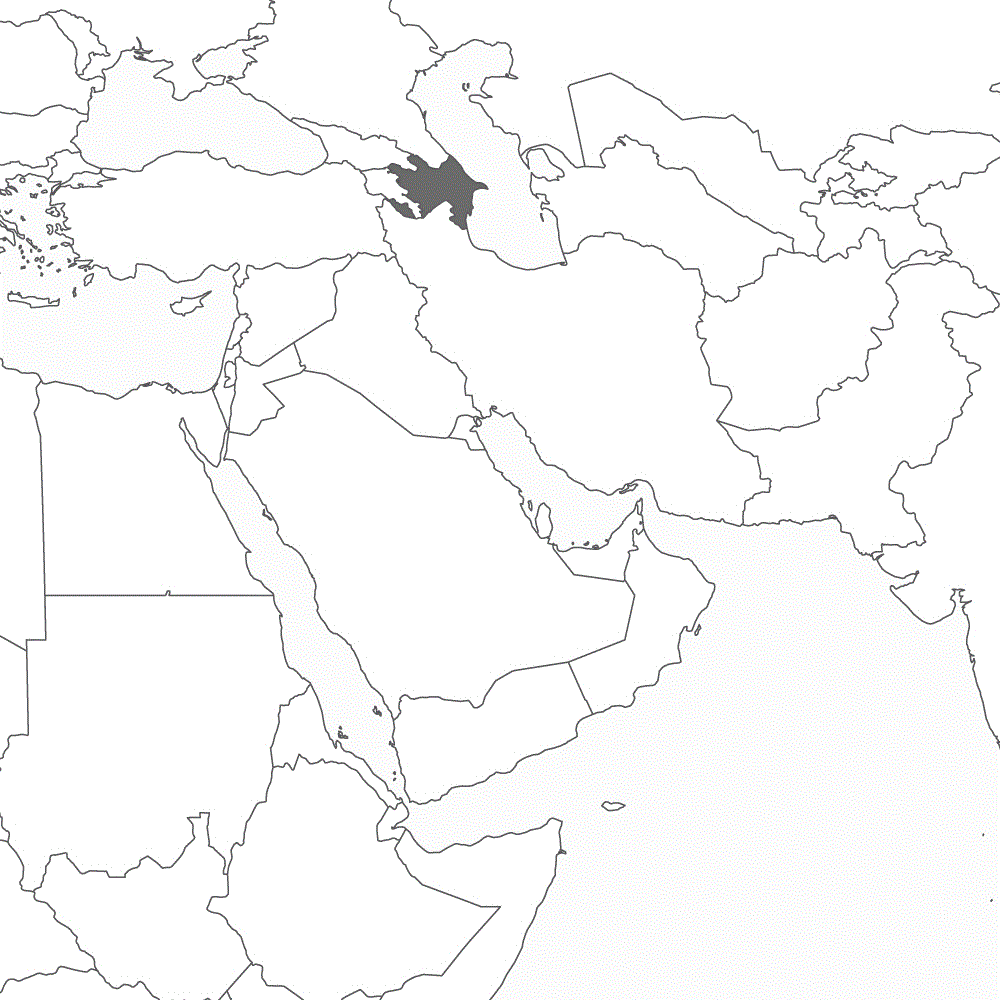Indecisive (II)
Berlin seeks to exploit the Armenian government’s efforts to sever its traditionally close ties with Russia to strengthen German positions. The rivalry affects energy policy, the military and the intelligence services.
YEREVAN/BERLIN (Own report) – The German government is seeking to exploit the Armenian government’s efforts to sever the country’s decades-long alliance with Russia to strengthen Germany’s position in that Caucasus republic. Berlin is thus increasing the German contribution to the European Union Mission in Armenia (EUMA), a monitoring mission at the border with Azerbaijan. Whereas France is actively promoting Armenia’s rapprochement with the EU, the German government is still relatively restrained: Germany’s alliance with Azerbaijan and Turkey – two authoritarian states that have been engaged in a bitter conflict with Armenia for decades – is an obstacle to a stronger German commitment to the country’s direct integration into the EU. The power struggle between the West and Russia is unfolding on various levels in Armenia – from the intelligence services to energy policy. Yerevan is also seeking to reduce Russia’s military presence in the country. According to experts, however, for Armenia, to completely change sides is unrealistic. At best, it could be a question of diversification. Iran is also benefitting from this situation. Read more
Powerless in the South Caucasus
Berlin's attempt to gain influence in the Nagorno-Karabakh conflict failed. Moscow monitors the ceasefire.
BERLIN/MOSCOW (Own report) - Foreign policy experts consider the ceasefire in the Nagorno-Karabakh conflict to be a success for Russia and a strategic defeat for the West. The mediation of a cease-fire was a "spectacular diplomatic move" by Russian President Vladimir Putin, according to the Carnegie Moscow Center. "The West" has "once again yielded the floor to Putin," criticizes the government-financed Deutsche Welle. In fact, Moscow has once again successfully ended an armed conflict in close cooperation with Ankara - like previously, for example, in Syria. The OSCE's "Minsk Group" (USA, France and Russia), which had dealt with the Nagorno-Karabakh conflict, has failed, just as Berlin and the EU's attempts failed to end that war. Russian troops will now monitor the ceasefire in Nagorno-Karabakh. Russian armed forces are deployed in all three South Caucasian countries - for the first time since the early 1990s. Read more
BERLIN/YEREVAN (Own report) - In its new efforts in its power struggle with Russia to gain leverage in the South Caucasus, Berlin is striving to enhance relations, not only with Georgia and Azerbaijan, but also to strengthen its ties with Armenia. Germany would like to strengthen cooperation with Yerevan, Chancellor Angela Merkel confirmed during her recent brief visit to the country. Armenia is one of the poorest countries in Europe and the poorest in the South Caucasus. Buffeted by two decades of radical neo-liberal remedies, the war with Azerbaijan as well as the ongoing conflict with NATO member Turkey, Armenia retreated under Russia’s protective umbrella and, in 2015, joined the Moscow-dominated Eurasian Economic Union (EAEU). Last spring, however, a new government came to power in Yerevan following a coup that was fueled by the ongoing corruption. As a strong critic of several Moscow led alliances, the new Prime Minister Nikol Pashinyan is seen as a ray of hope for German political strategists. Read more
GERMAN-FOREIGN-POLICY.com
Information on German Foreign Policy: News + Interviews + Analyses + Background

